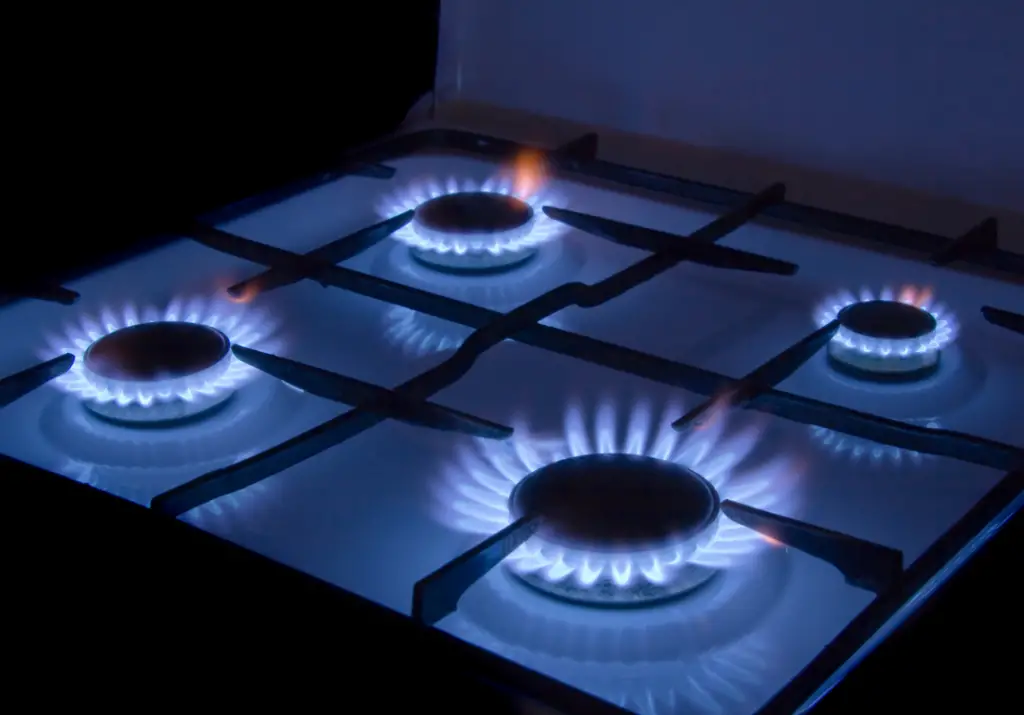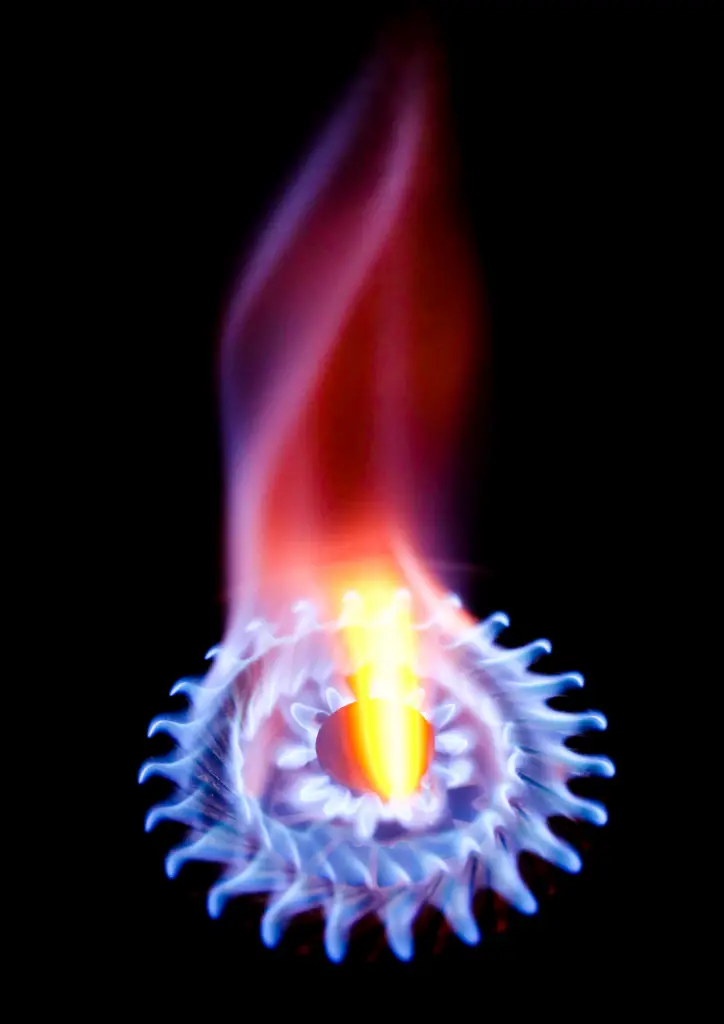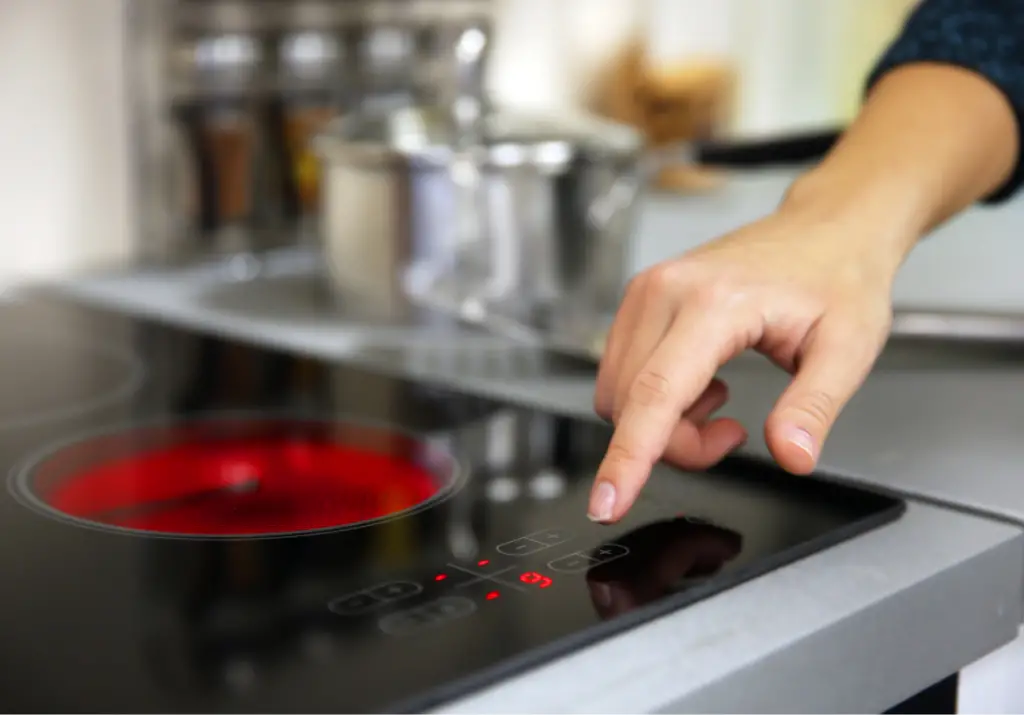Is it more convenient to use an electric stovetop in the kitchen? Is it more reliable to use a gas stovetop?
It’s difficult for me to decide which type of stovetop I need for my kitchen. What are the pros and cons of cooking with an electric vs. a gas stovetop?
I was also curious about the safest stovetop to use. Isn’t it true that we all want to be safe?
Do you believe there is a difference in the outcome while cooking on a gas stovetop? Is it faster to cook on an electric stove?
If you’re anything like me, looking for an answer to help you decide what to have. I did some study on both stovetops.
What benefits can we get from a gas stovetop?
When it comes to gas stoves, they are the most common in every kitchen. So, what advantages does a gas stovetop provide?

First and foremost, it is quite simple to use. Turning the flame up and down on a gas burner allows you to quickly and easily manage the heat level. If you need instant heat and precise temperatures, a gas stove is superior to an electric stove.
Gas stoves, according to professional and household cooks, cook more evenly. According to some studies, it converts natural gas to usable heat at about 40% efficiency.
To make it simpler, here are the advantages listed out:
- You can easily control the heat.
- It is more versatile for grilling, searing, and simmering.
- It works well with many different types of cookware.
- You can use it even with an outage.
With all of the benefits of a gas stovetop, it can also be dangerous. Let’s have a look at the potential dangers of using a gas stove.
What dangers does a gas stovetop pose to us?
A gas stove cooks quickly and allows for exact temperature changes during the cooking process. But they may pose a threat to us since they utilize natural gas to heat the stoves.

For safety, proper ventilation is a must. You should check it regularly. If there are no holes or bends
The most common threat posed by a gas stove is the possibility of starting a fire. Two out of every three home fires, according to ORR Safety, begin in the kitchen when food is cooking. They are responsible for 44% of all home fires, 15% of all home fire deaths, and 38% of all home fire injuries yearly.
Cooking that is left unattended is the major cause of fires. Cooking oil and grease left in the kitchen can easily catch fire if it gets too hot.
When a gas stove is on for an extended time, it can produce many fumes or poisons in the house. It can also be harmful to your family’s health. Because natural gas has no odor, minor leaks might be difficult to detect.
What Benefits We Can Get From An Electric Stovetop?

With today’s technology, electric stovetops are becoming increasingly popular. In the United States, electric stovetops are used by 55% of households.
Electric stovetops beat gas stovetops in terms of design and aesthetics. The cooktop is flat, making it simple to clean. It not only makes the stovetop easier to clean, but it also makes pots more stable.
According to what we’ve learned above, gas stoves emit substances potentially harmful to our health. An electric burner, on the other hand, will reduce indoor pollution in your home.
Electric stoves are much less expensive than gas stoves. With an electric stove, your kitchen will also stay cooler.
Here is a list of the benefits of the electric stove to make things easier for you.
- The flat cooktop is convenient when it comes to cleaning up.
- It looks sleek and adds aesthetic.
- It is much cheaper.
- It keeps the pots stable above the stovetop.
- Easier and less expensive to install.
On both a gas and an electric stovetop, there will always be a disadvantage. So, let’s talk about the threats an electric stovetop poses.
Dangers of electric compared to gas.

Although an electric stovetop is generally safe, user error and appliance failures can result in dangerous situations.
The usage of an electric burner might also result in a fire in your home. It will only catch fire if there is something that can cause fire nearby. It is also prone to downtime and malfunction.
Check your stove’s cable from time to time to ensure it’s in good shape and not breaking. There have been reports of electric stoves turning on by themselves. It can potentially result in a fire hazard.
what they say about it
We can’t conclude that gas is better than an electric stove. But according to Chef Nathan Lippy, because both have advantages and disadvantages. It will be a matter of personal preference and efficiency.
When it comes to electric stovetops, Chef Nathan Lippy’s only complaint is that you can’t adjust the heat. You have to wait for it to get hot after it’s switched on, and then you have to wait for it to cool down once when are done.
An appliance specialist, Loren Montoya, talks about the differences between an electric and a gas burner. Please take a look at his video below.
People Also Ask
Why do people think gas stoves are better?
The burners and oven heat up much more quickly on gas stoves than on electric ones, and the gas flame is better suited to various types of cookware, specifically if the bottom isn’t perfectly flat. These are just a few of the key reasons cooks choose gas stoves.
Are gas stoves getting banned?
43% of greenhouse gas emissions and 25% of all emissions in the state of California come from buildings. In order to get rid of all harmful greenhouse gases by 2023, an ordinance was passed that bans gas stoves in all new homes and businesses.
How long does an electric plate hob take to cool?
After you turn off the electric stove, it takes at least 15 minutes for the burners to cool down. Some glass-top stoves have an indicator light that turns off when a burner has cooled enough to touch again.
Conclusion
Since our questions were answered, we can easily determine which cooktop will best suit our needs.
We can’t say which cooktop is the best because each has its pros and cons, depending on the user. When it comes to safety, an electric stovetop is far safer to operate than a gas stovetop.
When it comes to heat precision and control, a gas stove is unmatched. You can easily control the temperature of your cooking. In addition, it cooks more quickly than an electric stove.
Regardless of which option you choose, remember to check your stovetop from time to time for your family’s safety. And if you are looking for cookware that will fit on any cooktops, take a look at it here.
So, which cooktop do you think is ideal for you? Would you mind letting us know in the comments section?


